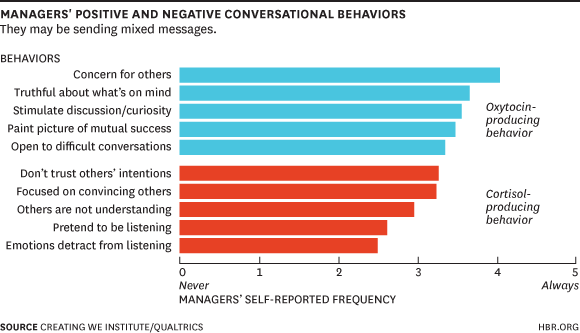The last time I was camping in the Sierra was 20 years ago, but when I saw this kayak camp-out on MeetUp, I took a chance and carpooled with a woman I had never met. Lori Parmalee was a great driver with a solid truck who knew the territory and was a congenial companion for the four-hour trip to Blue Lakes near Carson Pass, not far from Kirkwood Ski Resort.
At 8,000 feet in mid-July, we were delighted when the predicted thundershowers cracked open, just as the hikers returned from 4.6 miles along the ridgeline with a 1000 ft. elevation gain/loss. The rain washed out Saturday kayaking but gave us a rainbow at sunset, reflected in the calm lake, as we walked along the beach. Sunday kayaking was beautiful and I saw a marmot!
Carl Inglin and Isabelle Saint-Guily are a joy to camp with. Relaxed but prepared, they covered the picnic table with a tarp when the showers began and we all enjoyed dinner together on Saturday night as the sprinkles continued. Campfire conversation with Lisa and Mitch, Bill and Wendy, Lori, and Jonah was interesting and lively. The campground and location were beautiful. Great trip! Click on the images to see the gallery.









